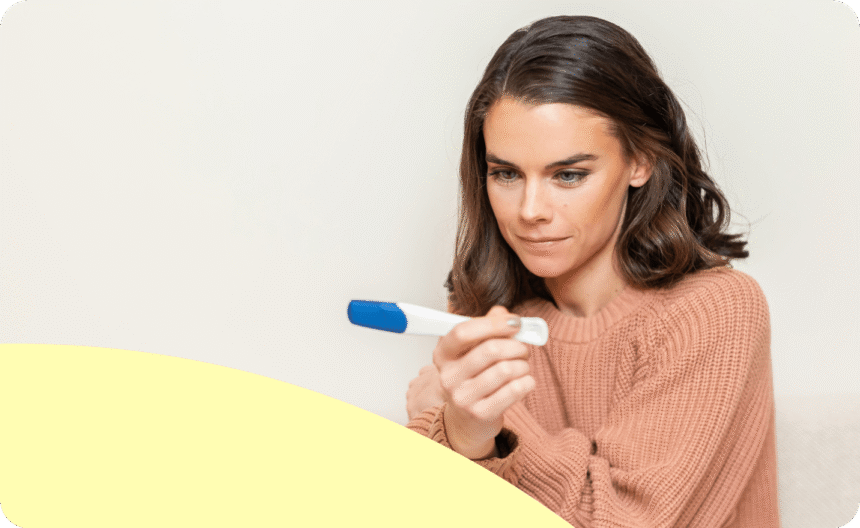Fertility after 35 is surrounded by many myths that cause fear and confusion. Here’s what science actually says about getting pregnant, risks, and reproductive health after this age.
Introduction
For many women, the age of 35 is often highlighted as a turning point for fertility. Doctors, family members, and even media conversations frequently emphasize this age as a boundary between easy conception and high-risk pregnancies.
While it is true that fertility gradually declines with age, the reality is more nuanced than the myths that circulate.
Many women in their mid-30s and beyond successfully conceive, carry healthy pregnancies, and deliver without complications.
Understanding the facts versus the misconceptions is crucial for making informed decisions about reproductive health, family planning, and overall well-being.
Myth 1: Women Cannot Get Pregnant After 35
It’s a myth that fertility abruptly stops around age 35. In actuality, fertility does not vanish; rather, it starts to progressively decrease in the late 20s and becomes more pronounced in the mid-30s.
Even though it could take longer than in their early years, many women in their late 30s are still able to conceive spontaneously.
Women who experience infertility issues after the age of 35 have additional alternatives because to advancements in reproductive science, including assisted reproductive technologies (ART) like IVF.
Myth 2: Pregnancy After 35 Is Always High Risk
Indeed, women over 35 are classified as being of “advanced maternal age,” and this designation carries a higher chance of developing diseases such chromosomal abnormalities, gestational diabetes, and preeclampsia.
It is inaccurate, though, to classify all pregnancies after the age of 35 as “high risk.” Many women have safe pregnancies and give birth to infants at this stage of life with the help of early monitoring, healthy lifestyle choices, and appropriate prenatal care. Risk varies from one to person and is more influenced by personal health characteristics than age.
Myth 3: It’s Too Late to Improve Fertility After 35
Another widespread misconception is that after the age of 35, fertility cannot be increased. Numerous lifestyle choices have an impact on reproductive health, even if age is an unchangeable element.
Better fertility results can be achieved by eating a balanced diet, keeping a healthy weight, cutting back on alcohol, quitting smoking, controlling stress, and getting regular exercise.
In order to suggest methods that improve the likelihood of pregnancy, fertility professionals can also assess ovarian reserve, hormone levels, and reproductive health.
MUST READ:The Science of Walking: Why It’s a Perfect Exercise
Myth 4: All Women Will Struggle to Conceive After 35
Infertility does not affect all women over 35. While some people conceive rapidly, others could take longer.
Genetics, lifestyle, and general health all have an impact on fertility, which is quite personal. Fertility can be impacted by conditions like endometriosis, polycystic ovarian syndrome (PCOS), or thyroid issues at any age, not only beyond the age of 35.
Rather of using age alone as a predictor, regular gynecological examinations and fertility assessments assist shed light on a woman’s particular reproductive potential.
Myth 5: Assisted Reproductive Technology Always Works for Older Women
While fertility treatments such as IVF, egg freezing, or donor eggs have given many women over 35 successful pregnancies, these are not foolproof methods.
Success rates decline with age, particularly when using a woman’s own eggs. However, advancements in reproductive medicine have significantly improved outcomes compared to decades ago.
Consulting a fertility specialist helps in exploring realistic options, timelines, and interventions based on personal health and age.
Final Thoughts
After the age of 35, fertility is a stage that presents both chances and obstacles; it is not a closed chapter. Although age has an impact on reproductive health, it shouldn’t be seen as a complete obstacle to getting pregnant.
Women can make well-informed decisions regarding their fertility journey by dispelling myths and receiving trustworthy medical advice. There are still many of options for starting a family after the age of 35, whether it be naturally or with medical assistance.


